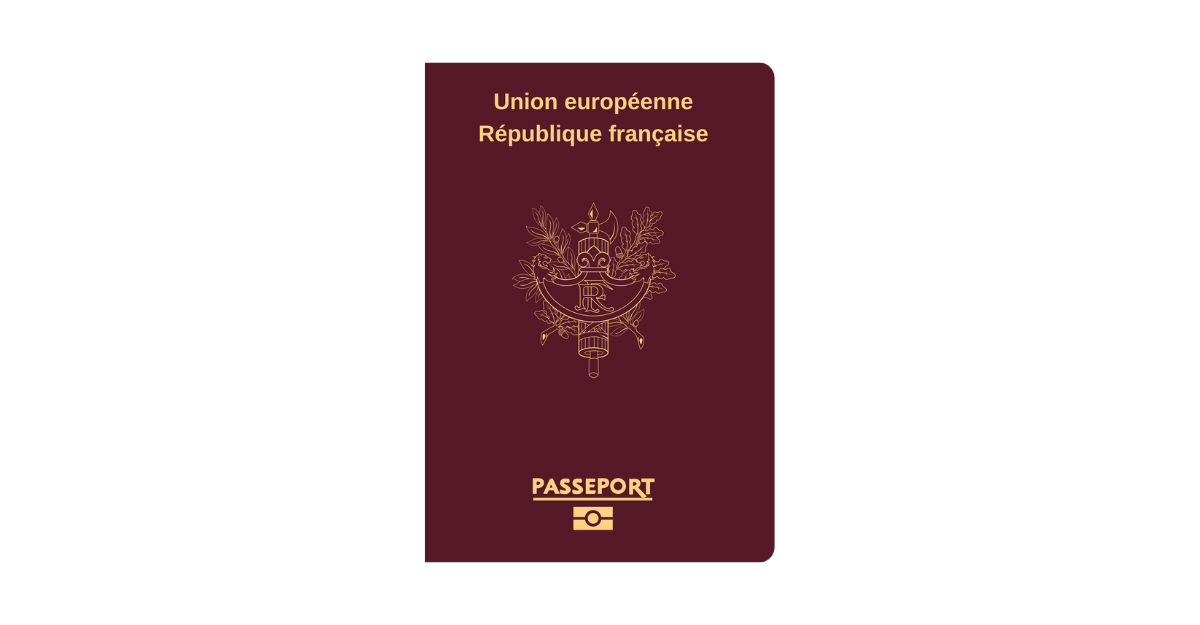


France is a popular destination for tourism, education, work, and permanent settlement. Depending on your nationality and the purpose of your visit, you may need a visa before entering the country. This guide covers everything you need to know about French visa policies, the types of visas available, the application process, and common questions.
Whether you need a visa depends on your nationality and the specific region of France you intend to visit. France has distinct visa requirements for its mainland, overseas departments (DROM), and overseas collectivities (CTOM). It’s essential to determine your eligibility before planning your trip.
France offers several visa types based on the purpose and duration of your stay :
The application process for a French visa can be complex and time-consuming. Here are the key steps :
Additionally, consider to connect with check France Visa for Indians in order to know more
French visa processing times vary depending on the visa type and your circumstances. Short-stay visas typically take five to 20 working days, while long-stay visas can take up to two months. Visas for French Overseas territories or collectivities may take between five working days to three weeks for short stays and up to two months for long stays.
If your French Schengen visa application is denied, you can appeal the decision within two months. The appeal must be written in French and submitted to the French embassy or consulate. If the appeal is also denied, you can file a case with the Administrative Court of Nantes within two months.
The number of times you can enter France with a Schengen visa depends on the visa type :
– Single Entry Visa : Allows one-time entry into the Schengen area.
– Multiple Entry Visa : Permits multiple entries into France and other Schengen countries within the visa’s validity period.
– Limited Territorial Validity Visa (LTV) : Allows entry only into France and not other Schengen countries.
A French Schengen visa can be revoked if you engage in activities that violate the terms of your visa, such as working without a permit, posing a threat to public order, or attempting to settle in France illegally.
French short-stay visas not intended for employment. To work in France, you must obtain a long-term visa and a work permit. For certain professions, such as artists or sportspersons, a work permit must be obtained before applying for the visa. The permit is typically arranged by the employer or hosting institution and is required at the time of entry into France.
If your stay in France exceeds 90 days, you must apply for a long-stay visa. This visa is available for various purposes, including family reunification, academic studies, employment, exchange programs, and highly skilled work.
France is a culturally rich country with 41 protected historical sites, 8,000 museums, and numerous festivals, concerts, and art exhibitions. It is a nation that values liberty, equality, and fraternity, offering a welcoming environment for foreigners who wish to settle permanently. France’s commitment to education and scientific advancement makes it a desirable destination for those seeking to build a new life.
Understanding the French visa application process is crucial for a successful visit or move to France. By following the guidelines outlined in this article, you can navigate the complexities of the process and increase your chances of obtaining the visa that suits your needs.